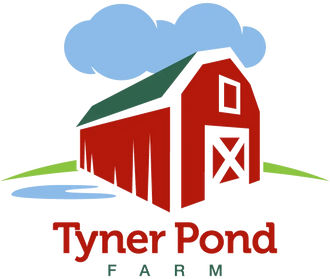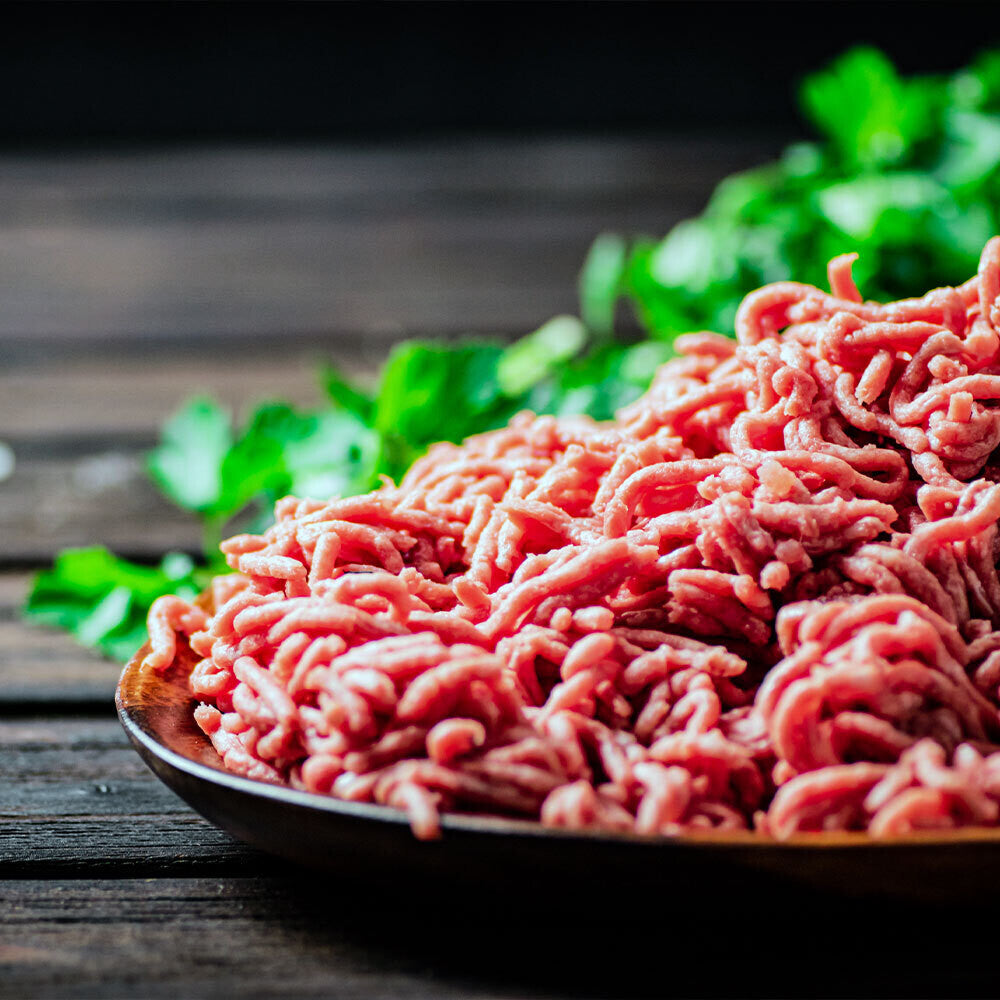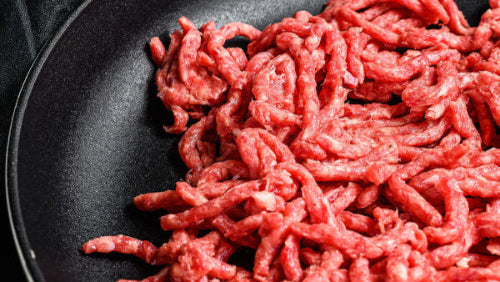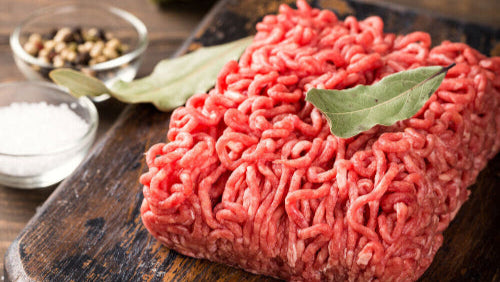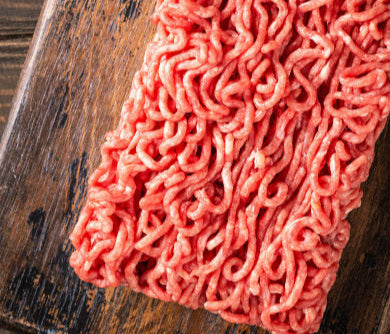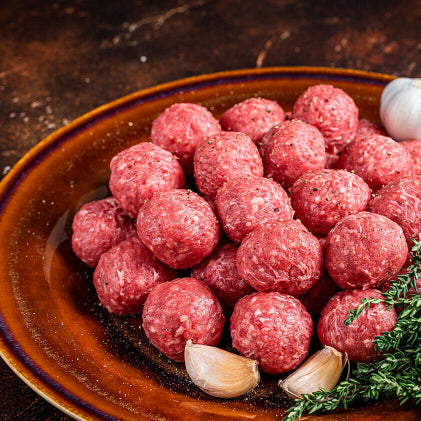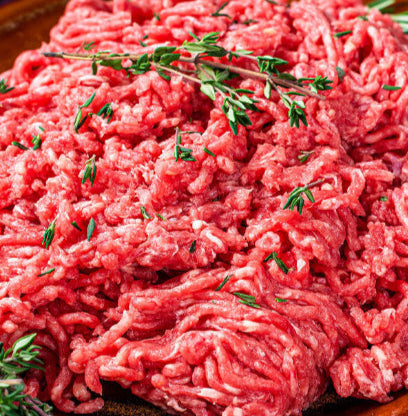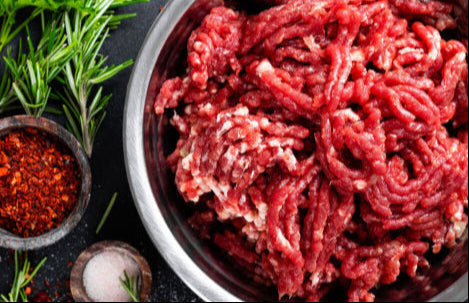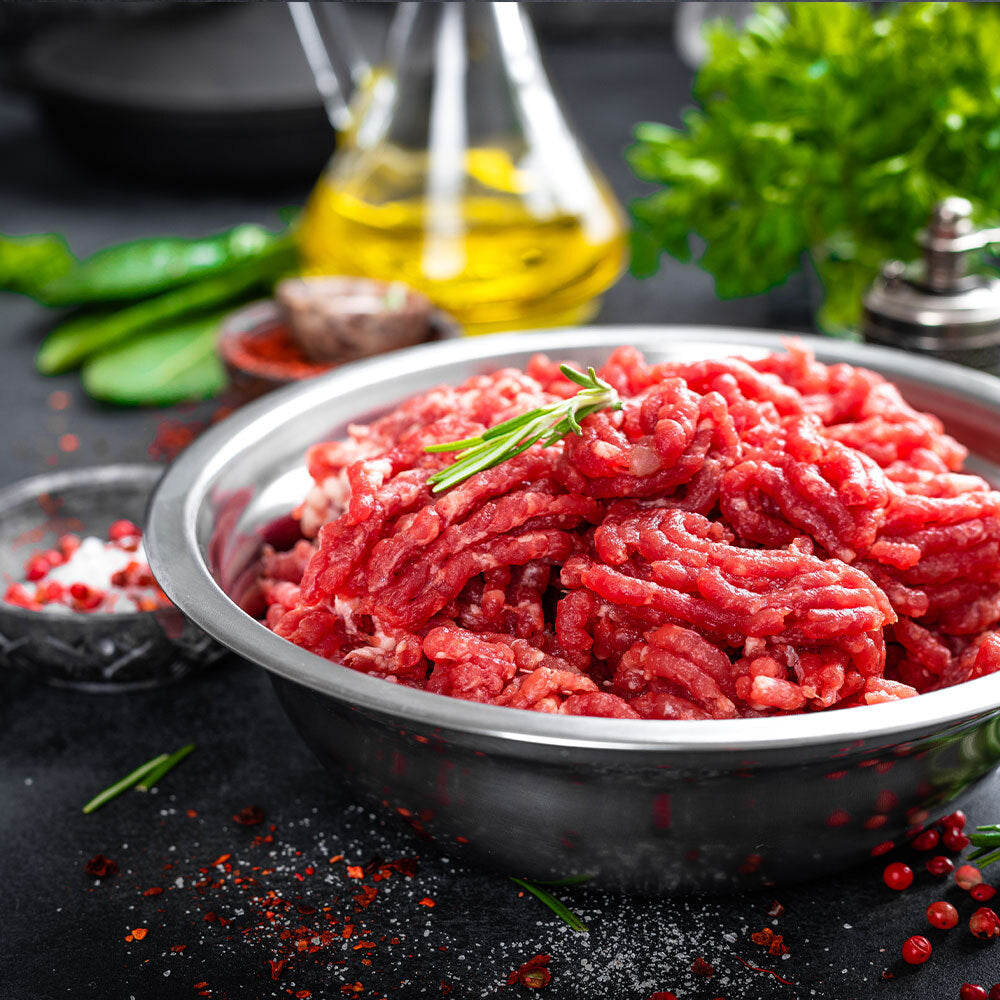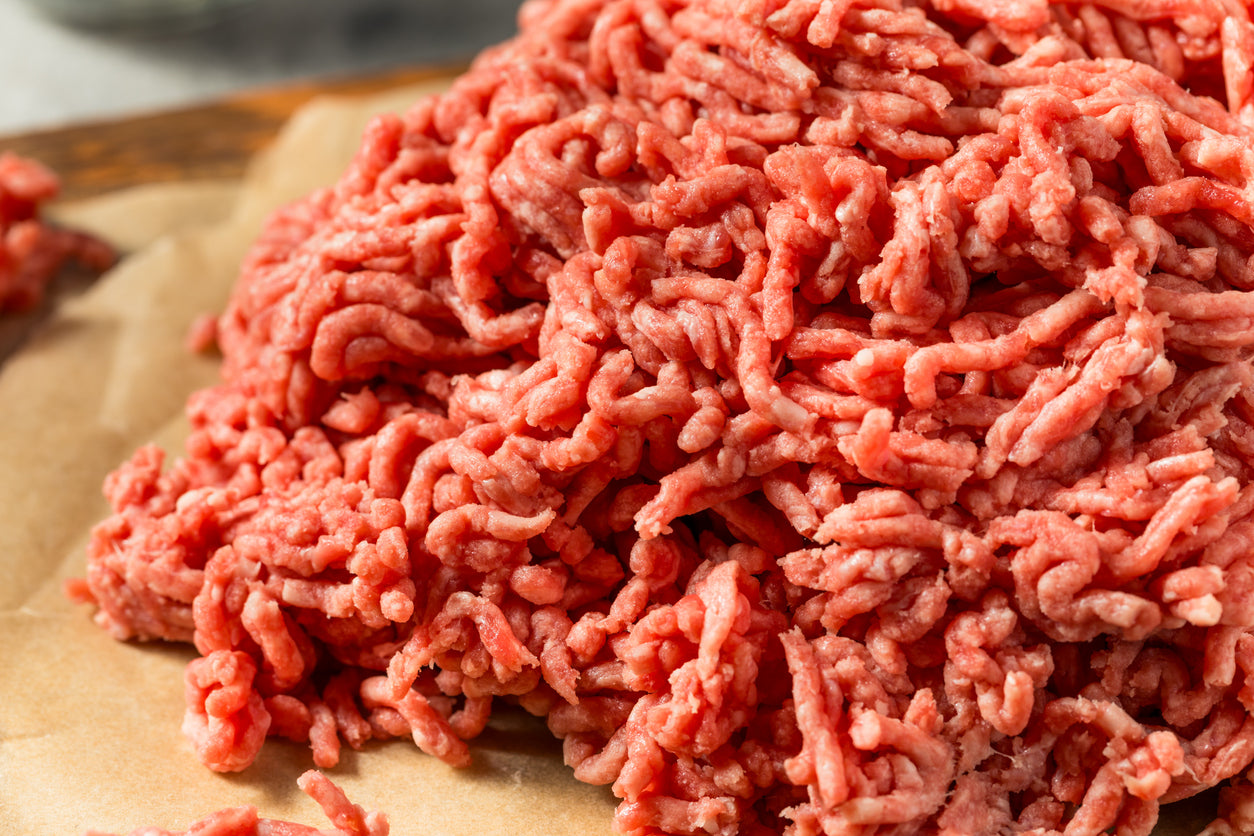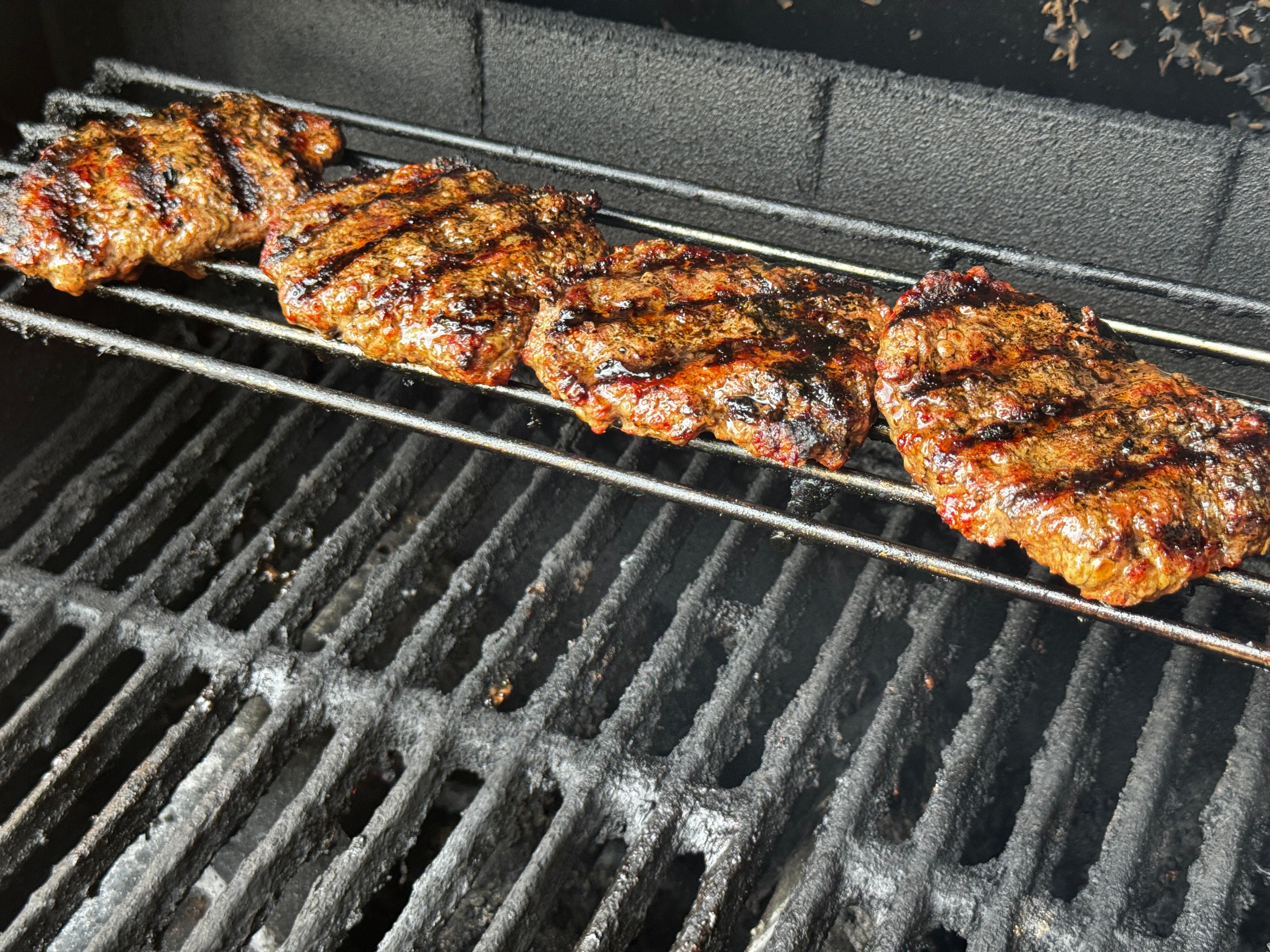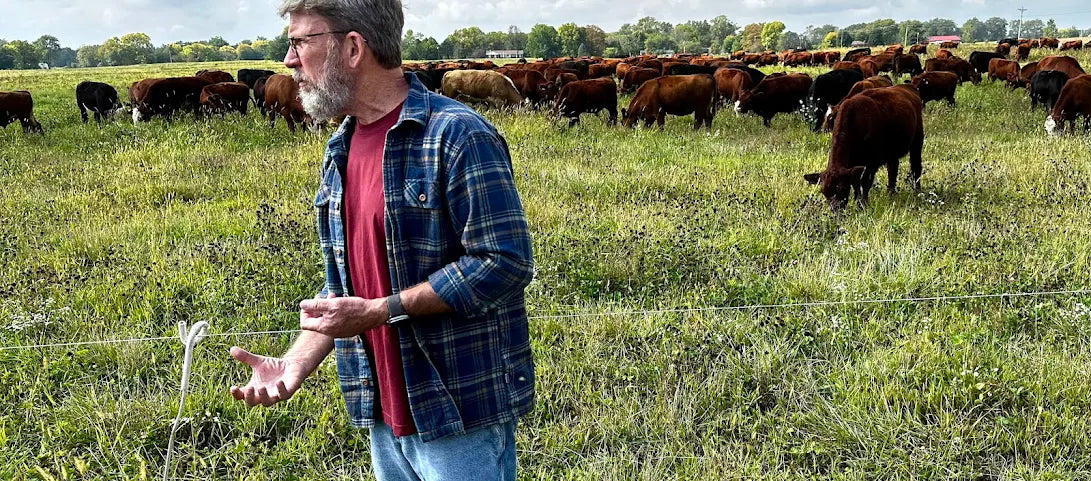
Books That Changed How I Think About Nutrition
I’m often asked what books I recommend for people who want to take a closer look at their nutrition. Over the years, I’ve read quite a few, but there are three that really shaped how I think about food, health, and the choices we make every day.
Ultra-Processed People by Chris van Tulleken
This book really shifted things for me. Van Tulleken lays out in plain terms how much of what fills our grocery stores isn’t really food anymore. Instead, it’s manufactured products designed to be cheap, addictive, and shelf-stable. He explains how these so-called “foods” affect our metabolism, weight, and overall health. After reading it, I started looking at labels differently, and it became very clear why getting back to real, minimally processed food matters.
Outlive by Peter Attia
This book is more about longevity and how our everyday choices affect not just how long we live, but the quality of those years. Attia goes into detail on nutrition, exercise, and other pillars of health. I found it especially useful because it connects diet to real outcomes we all care about — avoiding chronic disease, staying active, and keeping our independence as we age. For me, it reinforced the importance of focusing on nutrient density rather than just calories or convenience.
The Big Fat Surprise by Nina Teicholz
This one digs into the history of modern nutrition advice. Teicholz traces how fats, especially animal fats, were wrongly blamed for many of our health problems. She shows how science, politics, and industry interests shaped the food pyramid most of us grew up with. Reading it gave me a better understanding of why we’ve been told things about food that simply don’t hold up — and why it’s worth questioning official guidelines.
Where to Start
If you’re only going to pick one, I’d start with Ultra-Processed People. It’s straightforward, eye-opening, and hard to ignore once you read it. For me, it changed the way I look at eating day to day.
Why It Matters for Our Farm
At Tyner Pond Farm, these ideas are never just theoretical. The books reminded me why we do what we do: raising animals on grass, avoiding shortcuts like antibiotics or confinement, and keeping the food as close to its natural state as possible. Real nutrition starts with real food, and that begins on the farm. Our goal has always been to produce nutrient-dense beef, chicken, and eggs that people can trust — food that supports health instead of undermining it.
